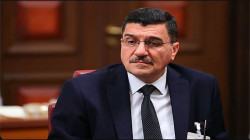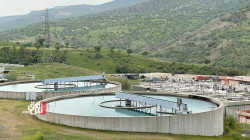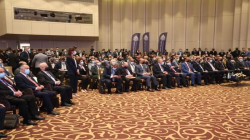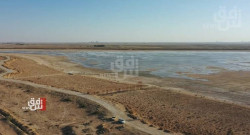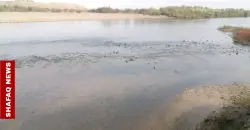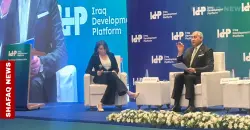Iraq's water crisis: Basra's struggle for survival
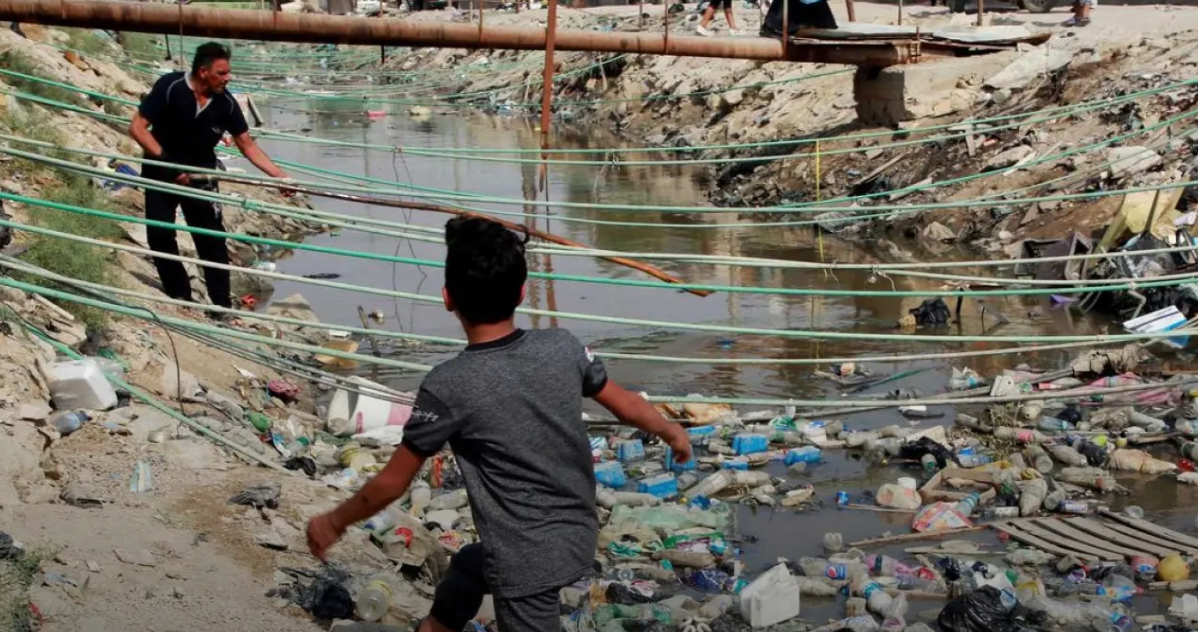
Shafaq News/ Situated at the crossroads of Iran, Kuwait, and Saudi Arabia, Basra is a city surrounded by salt-stained desert plains and the flares of oil fields. Once known as the “Venice of the Middle East,” Basra's former glory has faded, leaving behind brackish water canals filled with waste.
The Action For Hunger (ACF) organization shed light on the catastrophic situation of water in Basra, pointing out that farmers in the Basra region rely on the Chatt el Arab river, where the Tigris and Euphrates rivers converge, and its freshwater canals for domestic use and irrigation. However, the river is increasingly polluted and saline, with its flow diminishing each year.
According to ACF, Industrial waste and sewage discharges have severely degraded its ecosystem, rendering the water unsafe for consumption. In 2018, over 150,000 cases of poisoning linked to water from the Chatt el Arab were recorded in Basra, sparking public outrage and nationwide protests over the lack of access to clean drinking water.
“Active in Iraq since 2013, Action Against Hunger (ACF) supports farmers in addressing the water crisis by advocating for climate-smart farming practices, innovative technologies and water-efficient agriculture. We also help the most vulnerable farming households through the distribution of agricultural equipment and food vouchers, and prevent malnutrition through nutrition training.”
A Multidimensional Water Crisis
The organization highlighted the decades of conflict, poor environmental management, and the lack of maintenance of irrigation canals that have exacerbated Iraq's water scarcity to a critical level. Dependence on neighboring countries for water resources and accelerating climate change have further strained the situation.
“Levels in the Tigris and Euphrates rivers have fallen by 30% since the 1980s and are expected to fall by a further 50% by 2030, mainly as a result of the construction of dams in neighbouring countries. These are alarming figures, given that rivers account for more than 90% of the country’s freshwater reserves.”
ACF report revealed that unregulated water use, water-intensive irrigation practices, and the climate crisis have worsened the depletion of water resources. Heatwaves now frequently envelop Iraq, with temperatures reaching up to 50 degrees Celsius. By 2050, the country’s average annual temperature is projected to rise by 2 degrees, while annual rainfall is expected to decrease by 9%. These changes increase the risk of sandstorms and further desertification.
“The agricultural sector, which alone accounts for 60-80% of total use of water resources, has been hit hard by the water crisis. This is threatening food security and increasing the country’s dependence on food imports at a time when the Iraqi dinar has been heavily devalued. While the Basra region produces the majority of Iraq’s oil, the most vulnerable communities depend on agriculture for their livelihoods. In the absence of government support, farmers sometimes have to rely solely on themselves and on humanitarian aid to provide for their families.”
Water Scarcity and Food Insecurity
In northern Basra, in the district of Al-Qurna, Sabreen (known as Oum Ali) and her husband Ali grow sidr, or jujube, during the winter and dates in the summer. ACF has supported them in receiving farming equipment, including organic fertilizers, gardening kits, and tools. Sabreen has farmed since childhood and feels a deep connection to her land. However, reduced freshwater flows and declining rainfall have led to seawater intrusion into the Shatt el-Arab, damaging crops and making farming increasingly difficult.
“At national level, the water crisis has led to a drop in agricultural yields, affecting farmers’ livelihoods,” said Sabreen. The Iraqi Federation of Agricultural Associations reports that 50% of farmers live below the poverty line, and 40% have had to leave farming for other work. Faced with rising food prices, families often resort to eating less and less nutritious food.
ACF's nutrition training courses, attended by Sabreen, her husband, and their son Ali, aim to raise awareness about the importance of a healthy, balanced diet and involve more women in household decision-making.
Rethinking Agricultural Practices
ACF said that modernizing agricultural practices and promoting sustainable irrigation methods are essential to addressing Iraq’s water scarcity.
“Promoting a change in irrigation practices and modernising the agricultural sector are essential to meet the challenges of water scarcity in Iraq. As part of its local water management strategy and in collaboration with Responsive Drip Irrigation (RDI), Action Against Hunger (ACF) carried out a pilot project on three farms in the districts of Al-Qurna and Al-Dair, in the Basra region. Participating farmers were trained and their fields equipped with a reactive drip irrigation system.”
Adil Lazim, a farmer from Al-Dair, has benefited from these improvements. "Thanks to the reactive drip irrigation system, the plants regulate their own water supply, saving water and producing more compared with traditional methods," said Lazim.
Jawad Jabar, ACF’s multi-sectoral manager for food security, livelihoods, water, hygiene, and sanitation, emphasized the need for simple, accessible solutions to support farmers. “These solutions require a change in traditional farming practices, more financial investment, and greater involvement of local and national authorities,” said Jabar.
In 2023, ACF said it supported nearly 5,000 people through food security and livelihoods programs and over 36,000 through water, hygiene, and sanitation programs in Iraq, continuing its efforts to strengthen water management and promote sustainable livelihoods in the face of climate change.
